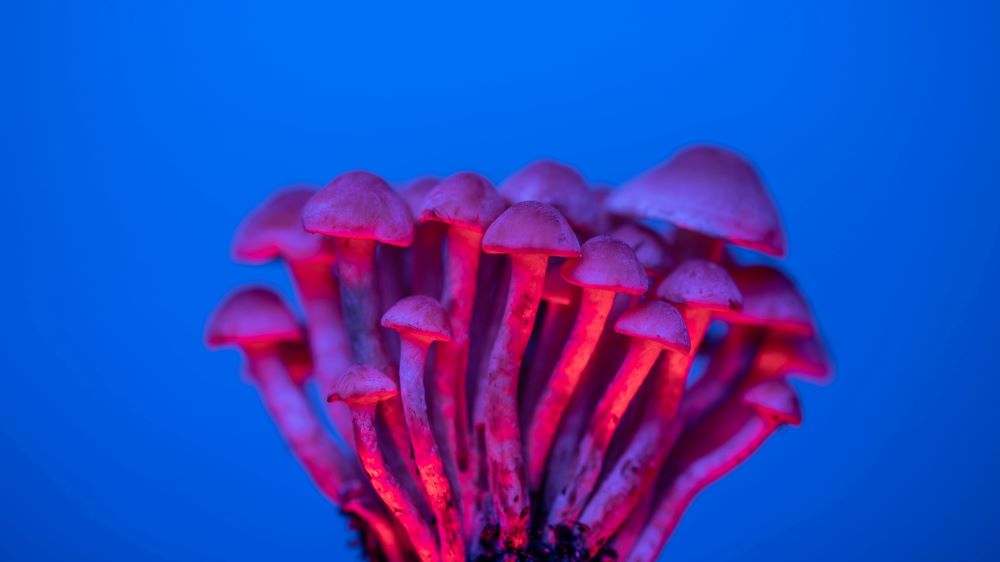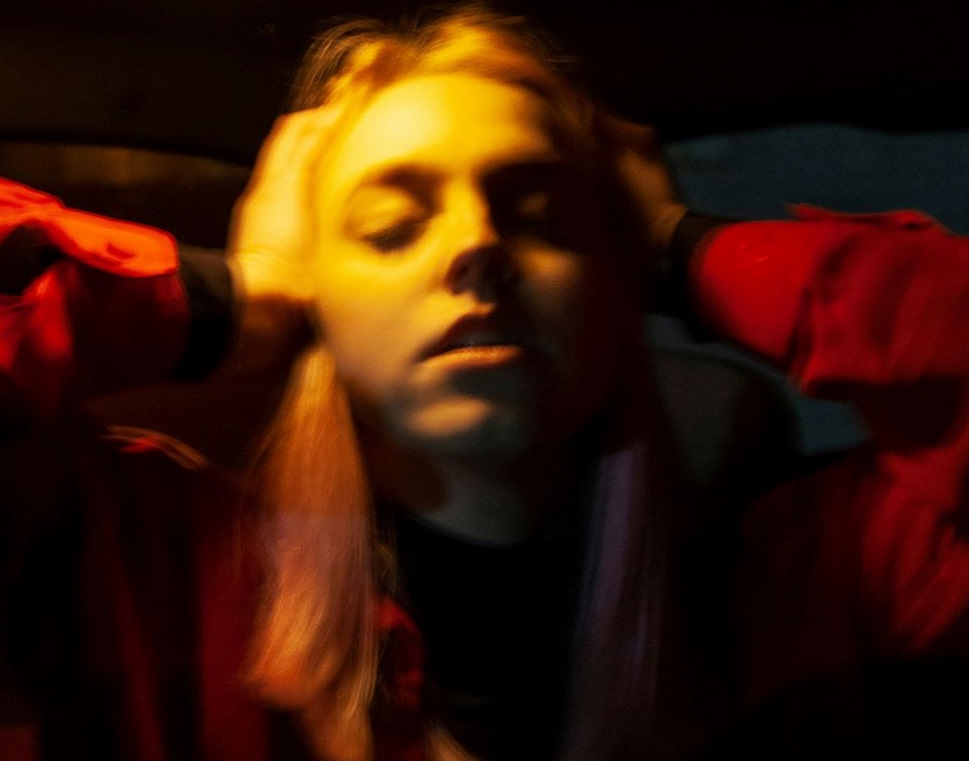Efforts to decriminalize psilocybin has led to easier access for children and teens.
There has been a largely successful move to legalize so-called “magic mushrooms” in recent years in many parts of the country. Plenty of states have already decriminalized ‘shrooms for use by adults, and it’s possible that many more will follow suit in the years to come. In many ways, the move to legalize or decriminalize mushrooms has followed along with a similar movement for marijuana a few years previous.
Unfortunately, it has been seen that there are some intended consequences in the states that have loosened their regulations, such as the increase in emergency calls related to ‘shrooms that are coming from teenagers. While the decriminalization doesn’t technically apply to teens, the easier access to psilocybin mushrooms in those states has made it simple for teens to acquire the substance.
“It is markedly concerning to me that children are gaining access to these products,” said researcher Dr. Christopher Holstege, director of University of Virginia Health’s Blue Ridge Poison Center. “We have limited data on the potential long-term consequences on the developing brains of children when exposed to such compounds that impact the brain’s neurotransmission. We also do not understand fully why some individuals have markedly adverse complications to psilocybin, known as ‘bad trips,’ that can lead to harm to the individual taking or others who may be victims of violent behavior.”

It doesn’t take much more than a quick look at the numbers to understand that the issue around magic mushrooms and teens is rather serious in some states. In just a five-year period from 2018 – 2022, the calls made by or for teens tripled annually. In 2018, just 152 such calls were made, while more than 460 were made in 2022. This comes as a variety of places have moved to decriminalize these types of mushrooms, including Oregon, Colorado, Detroit, and Seattle.
The notable increase in teen problems with magic mushrooms is particularly notable because the five-year period prior to 2018 saw no increase in emergency calls. The trend was stable for that time frame, leading researchers to believe that there is a direct correlation between the changing laws and the increasing incidences of emergency situations. As more areas take these kinds of legal steps, it seems likely that the emergency calls are only going to climb higher.
When a problem arises through the use of psilocybin, that issue typically requires medical intervention. Roughly three quarters of all teens who experience some degree of psilocybin poisoning will need medical care. The symptoms they experience include general confusion, hallucinations, fast heart rates, agitation, and more.
There are also plenty of concerns about the lack of data regarding the long-term consequences of using psilocybin. That applies across the board to people of all ages, but it’s especially worrisome when teenagers with still-developing brains are using this substance. It isn’t known if there are notable impacts for developing brains, so that’s an area that will likely be targeted for further study moving forward.
The reality that teenagers are going to acquire and use substances that are intended only for adults is not exactly breaking news. This has been happening for generations with things like alcohol and cigarettes, so it’s to be expected that the same would happen with mushrooms. Hopefully the addition of education in states where shrooms are going to be more readily available will inform as many young people as possible as to the very real dangers that psilocybin can present.
Sources:
Emergency Calls by Youth Rose After States Decriminalized ‘Magic Mushroom’ Drug
Decriminalization of ‘magic mushrooms’ leads to more emergency calls by youth


Join the conversation!